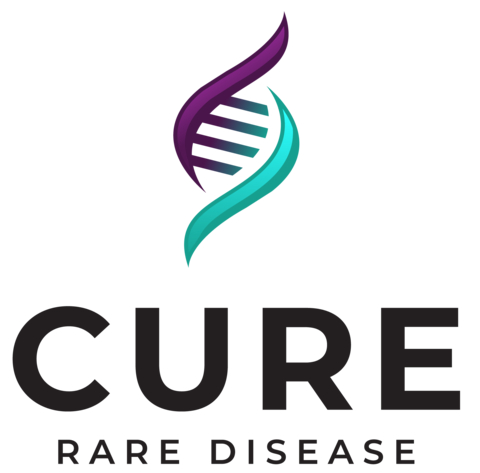Cure Rare Disease Awarded $5.69 Million CIRM Grant to Advance Gene Therapy for Spinocerebellar Ataxia Type 3
Cure Rare Disease Awarded $5.69 Million CIRM Grant to Advance Gene Therapy for Spinocerebellar Ataxia Type 3
WOODBRIDGE, Conn.--(BUSINESS WIRE)--Cure Rare Disease (CRD) announced it has been awarded a $5.69 million grant from the California Institute for Regenerative Medicine (CIRM) to advance the development of an antisense oligonucleotide therapy for spinocerebellar ataxia type 3 (SCA3), a neurodegenerative disorder with no current treatment.
Cure Rare Disease launched its SCA3 program in 2021 to develop an antisense oligonucleotide (ASO) therapy, with initial funding support provided by Gregory Klassen, a patient living with SCA3.
In 2022 and 2023, in collaboration with Leiden University Medical Center and the Cure Rare Disease team, several in vivo studies were conducted in a disease mouse model, demonstrating functional improvement. A clinical candidate was identified through non-GLP toxicology studies conducted with Charles River Labs. In 2024, a Type B pre-IND meeting with the Food and Drug Administration (FDA) provided regulatory guidance ahead of manufacturing scale-up and clinical trial design.
With CIRM funding support, Cure Rare Disease will complete manufacturing scale-up, conduct IND-enabling toxicology studies and submit an investigational new drug (IND) application to initiate early clinical trials. The trials will be led by Principal Investigator Dr. Susan Perlman at UCLA.
"This program is a powerful example of what can be achieved when patients, organizations, researchers and governing bodies come together with a shared mission. From Greg Klassen’s initial support to our collaborations with leading scientists and clinicians, industry partners and regulatory guidance from the FDA, the development of a therapy for SCA3 has been a truly unified effort,” said Cure Rare Disease CEO and founder Richard Horgan. “We are incredibly appreciative of CIRM’s support in helping us take this program into the clinic, proving that rare disease treatments can be brought to patients through our model of collective dedication and innovation."
About SCA3
Spinocerebellar ataxia type 3 (SCA3) is a rare neuromuscular disease with a prevalence of one to five in 100,000 people. It is the most common form of spinocerebellar ataxia.
The disease is caused by mutations in the ATXN3 gene, which codes for the enzyme ataxin-3. Ataxin-3 is found throughout the body and helps destroy and remove damaged proteins. SCA3 results from a mutation that causes a toxic accumulation of trinucleotide repeats.
About Cure Rare Disease (CRD)
Cure Rare Disease (CRD) is a nonprofit biotechnology company focused on developing genetic medicines for rare and ultra-rare diseases. CRD is committed to accelerating the development of treatments for individuals with rare diseases through a patient-centric approach to research and development. The company's programs include gene therapy and antisense oligonucleotide (ASO) treatments for a range of rare diseases. For more information, visit www.cureraredisease.org.
About the California Institute for Regenerative Medicine (CIRM)
The California Institute for Regenerative Medicine (CIRM) is a funding agency established by Californians to accelerate regenerative medicine research and deliver treatments for patients with unmet medical needs. Established in 2004 through the passage of Proposition 71, CIRM was initially funded with $3 billion from the state of California to support ongoing research. In 2020, Proposition 14 provided an additional $5.5 billion to continue the agency’s work. CIRM has funded billions in stem cell and genetic research, as well as development programs. Through its research, infrastructure and education programs, CIRM aims to transform regenerative medicine, stimulate economic growth and improve the lives of diverse communities throughout the state. For more information, visit www.cirm.ca.gov.
Contacts
Ahna Gavrelos
ahna@curerd.org
